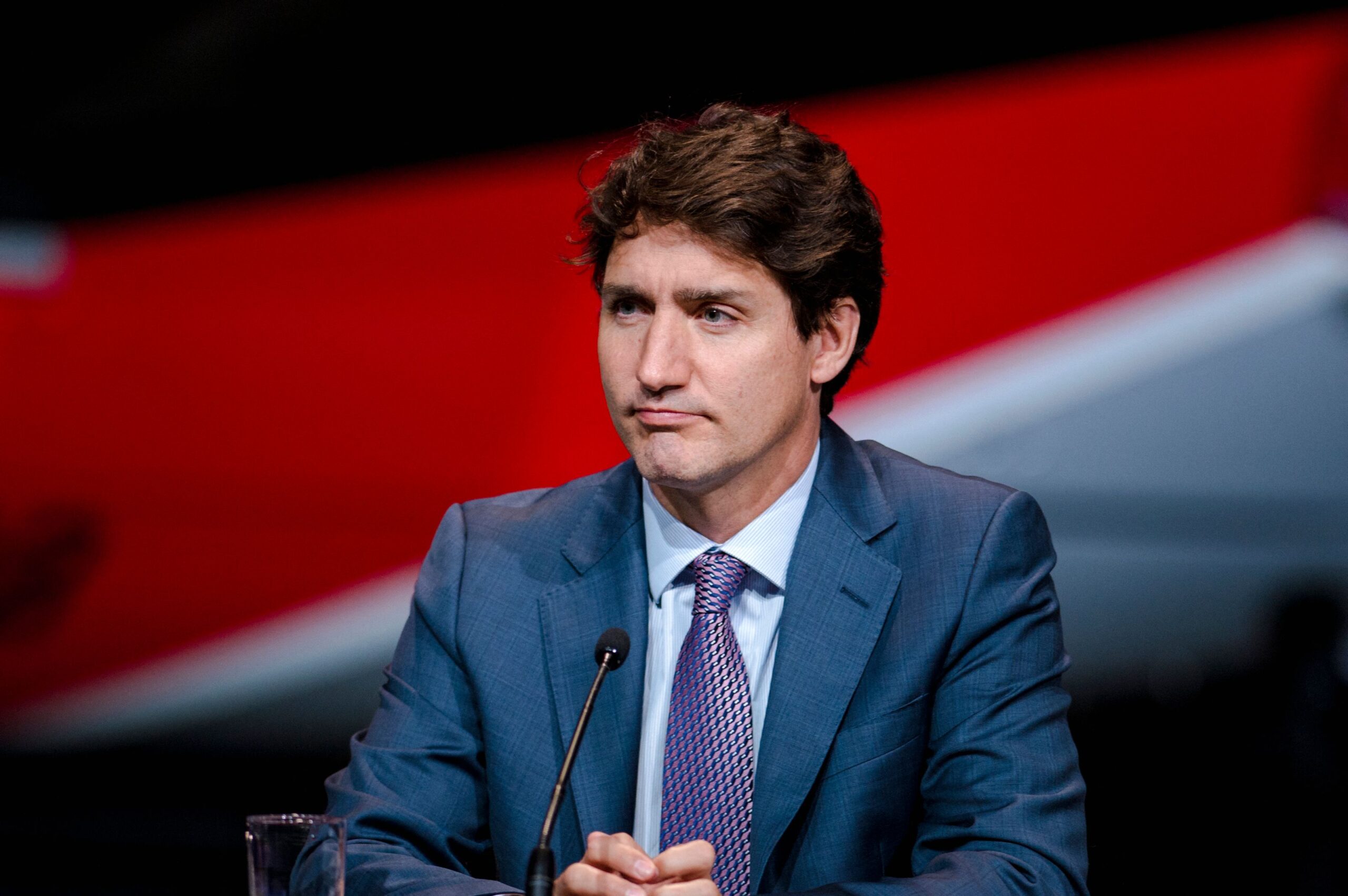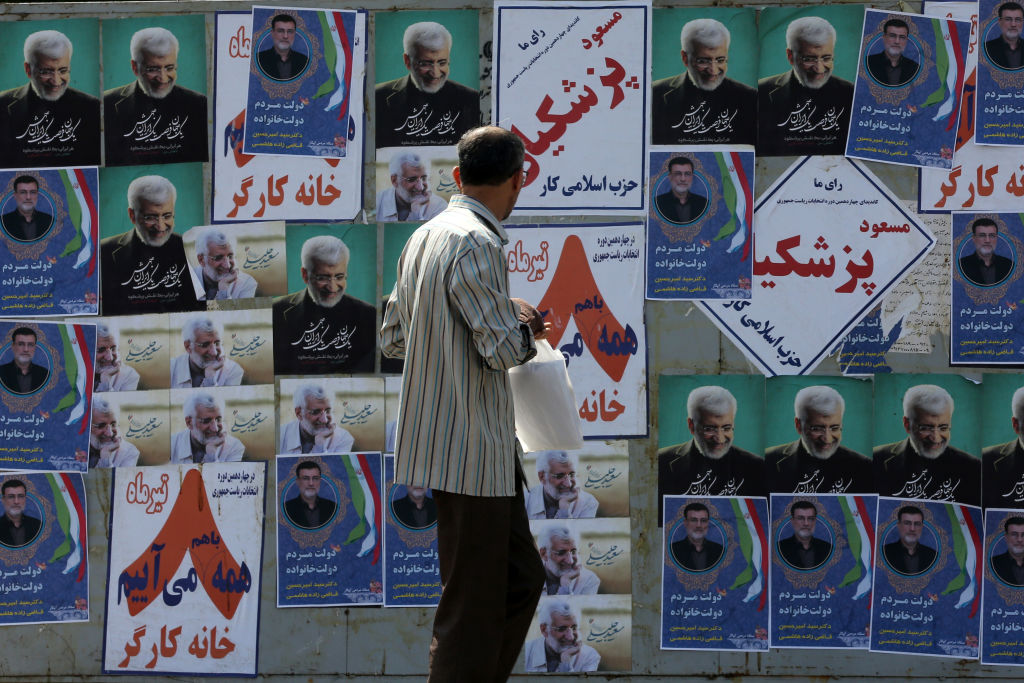The Centers for Disease Control and Prevention is currently monitoring reports of a spike in human metapneumovirus (HMPV) in China, as the US sees an increase in such cases.
The CDC said it was aware of increasing HMPV cases in northern China following reports from Beijing-run media confirming positivity rates have risen significantly among children 14 and younger.
The CDC, however, stressed that the number of cases of the respiratory disease in America remains at “pre-pandemic” levels and is not a cause for concern.
Much like the common cold, HMPV is a respiratory disease that causes cough, fever, congestion, runny nose, sore throat, and shortness of breath, according to the Cleveland Clinic.
Because of its similarities to the common cold, the virus remained under the radar until it was discovered in 2001, with HMPV typically seeing spikes during the winter at the height of the flu season.
Most children have had HMPV by the time they reach the age of 5. The CDC estimates that at least 20,000 children under 5 are hospitalized with HMPV every year.
Like other respiratory infections, HMPV can be especially severe for young children, the elderly, and the immunocompromised.
The Chinese government appeared to push back claims that HMPV cases were skyrocketing in the nation, which triggered worries of another COVID-like pandemic that hit the world in 2020.
“Respiratory infections tend to peak during the winter season,” the Chinese Foreign Ministry said in a statement Friday.
“The diseases appear to be less severe and spread with a smaller scale compared to the previous year,” the office added.
While low, cases in the US have been increasing steadily since November, with the CDC finding that of the estimated 13,800 people tested for respiratory diseases in the week of Dec. 28, only 1.94% tested positive for HMPV.
The percentage remains low when compared to influenza infections, which made up 18.71% of positive tests that same week, and COVID, which stood at 7.10%.
Most people with an HMPV infection get better after a few days spent resting, drinking fluids, and taking over-the-counter decongestants and pain medicine.
There’s currently no cure or vaccine for the disease, though Moderna, the maker of a COVID-19 vaccine, is working to produce one.

 By New York Post (World News) | Created at 2025-01-07 01:10:05 | Updated at 2025-01-08 05:41:27
1 day ago
By New York Post (World News) | Created at 2025-01-07 01:10:05 | Updated at 2025-01-08 05:41:27
1 day ago








